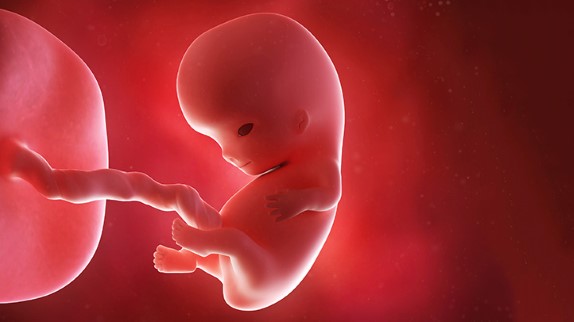

In its latest human rights report, Amnesty International has named Jamaica among countries in the Americas that have failed to do enough to prioritise sexual and reproductive health.
According to the Amnesty International Report 2021-2022: The State of the World’s Human Rights, essential services were lacking and safe abortion services remained criminalised in most countries in the region.
The human rights organisation, however, specifically listed Jamaica, The Dominican Republic, El Salvador, Haiti, Honduras and Nicaragua as nations that have maintained total bans on abortion.
Despite the reigniting of the abortion debate on the island, having an abortion, or even discussing it with a doctor, remains illegal except when required to save a woman’s life, according to the Offences Against the Person Act, which states in Section 72: “Every woman, being with child, who with intent to procure her own miscarriage shall unlawfully administer to herself any poison or other noxious thing … to procure miscarriage … shall be guilty of a felony and being convicted thereof shall be liable to be imprisoned for life, with or without hard labour.”
The offence, though rarely enforced, also carries a three-year sentence for anyone who provides assistance.

Early last year, legislator Julieth Cuthbert Flynn, the state minister in the Ministry of Health and Wellness, had declared the time for talk was over and vowed to push for the reintroduction of a conscience vote in Parliament on the matter.
Years earlier, in 2018, Cuthbert-Flynn had tabled a motion in the House of Representatives for the government to relax abortion laws.
But with that effort going nowhere, she was returned to the discussion in the wake of a landmark December 2020 ruling in Argentina that legalised abortion in that country.
The conscience vote in Jamaica has yet to happen.
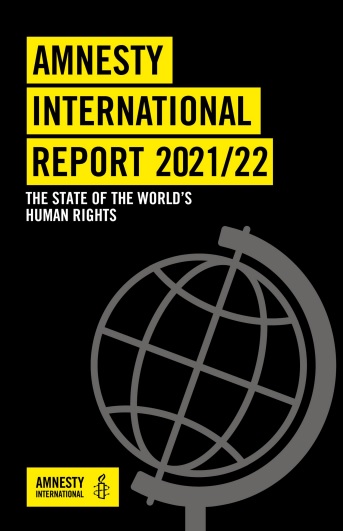
At the time of her commitment in January 2021, Cuthbert-Flynn, in pushing for safe and legal abortions for young women and girls, had contended that abortion stands as one of the most topical, debated issues in Parliament with a more than decade-old policy review reaping no results.
In the island, it is acknowledged that thousands of women have abortions each year, endangering their lives by undergoing backstreet operations or taking drugs supplied to them, or paying doctors willing to take the risk.
According to the Caribbean Policy Research Institute, more than 22,000 pregnancies are aborted annually in Jamaica, costing taxpayers US$1.4 million each year to fund the healthcare system’s struggle with complications caused from unsafe abortions islandwide.
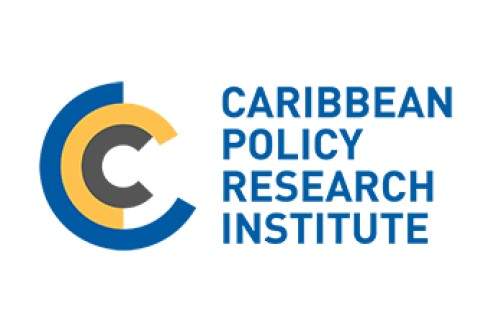
In the meantime, according to the Amnesty International report, despite Argentina’s landmark decriminalisation and legalisation of abortion within the first 14 weeks of pregnancy at the end of 2020, other countries in the Americas failed to follow suit.
“In Chile, a bill decriminalising abortion within the first 14 weeks of pregnancy was rejected. In Colombia, the Constitutional Court failed to decide on a case of decriminalisation of abortion filed by CausaJusta, a broad coalition of NGOs,” the report stated.
“In the Dominican Republic and El Salvador efforts to decriminalise abortion under much more limited circumstances failed to receive legislative approval.
“In the USA, state governments introduced more abortion restrictions in 2021 than in any other year.”
Amnesty International
“In Honduras, in January, Congress passed a constitutional reform making it harder to remove the bans on abortion and same-sex marriage – although a challenge to the total ban on abortion was pending before the Supreme Court of Justice at the end of the year.
“In the USA, state governments introduced more abortion restrictions in 2021 than in any other year. In Texas, a near-total abortion ban was enacted, criminalisng abortion as early as six weeks into pregnancy.”
The report noted that a rare example of limited progress was the decision in April by Ecuador’s Constitutional Court to decriminalise abortion on the grounds of rape.

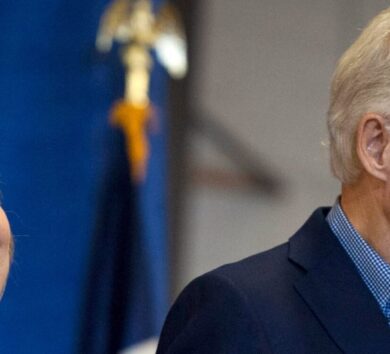
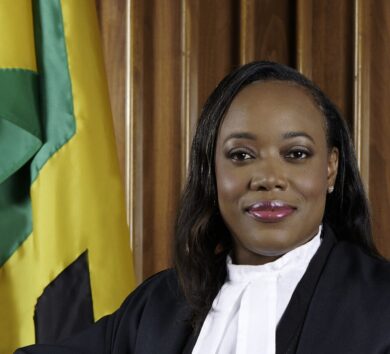

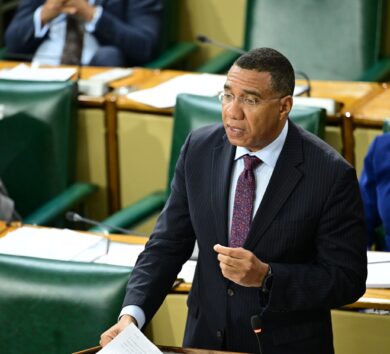
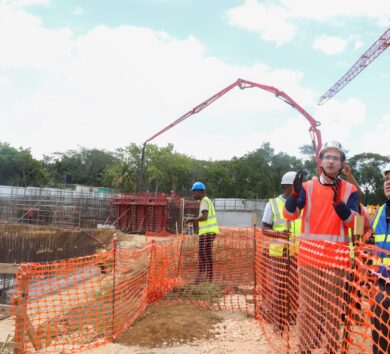
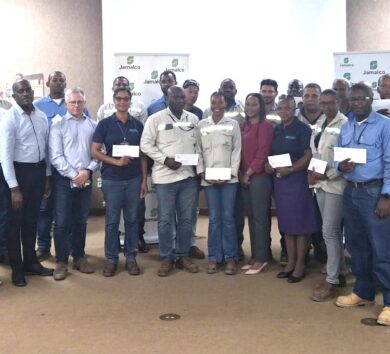
Comments